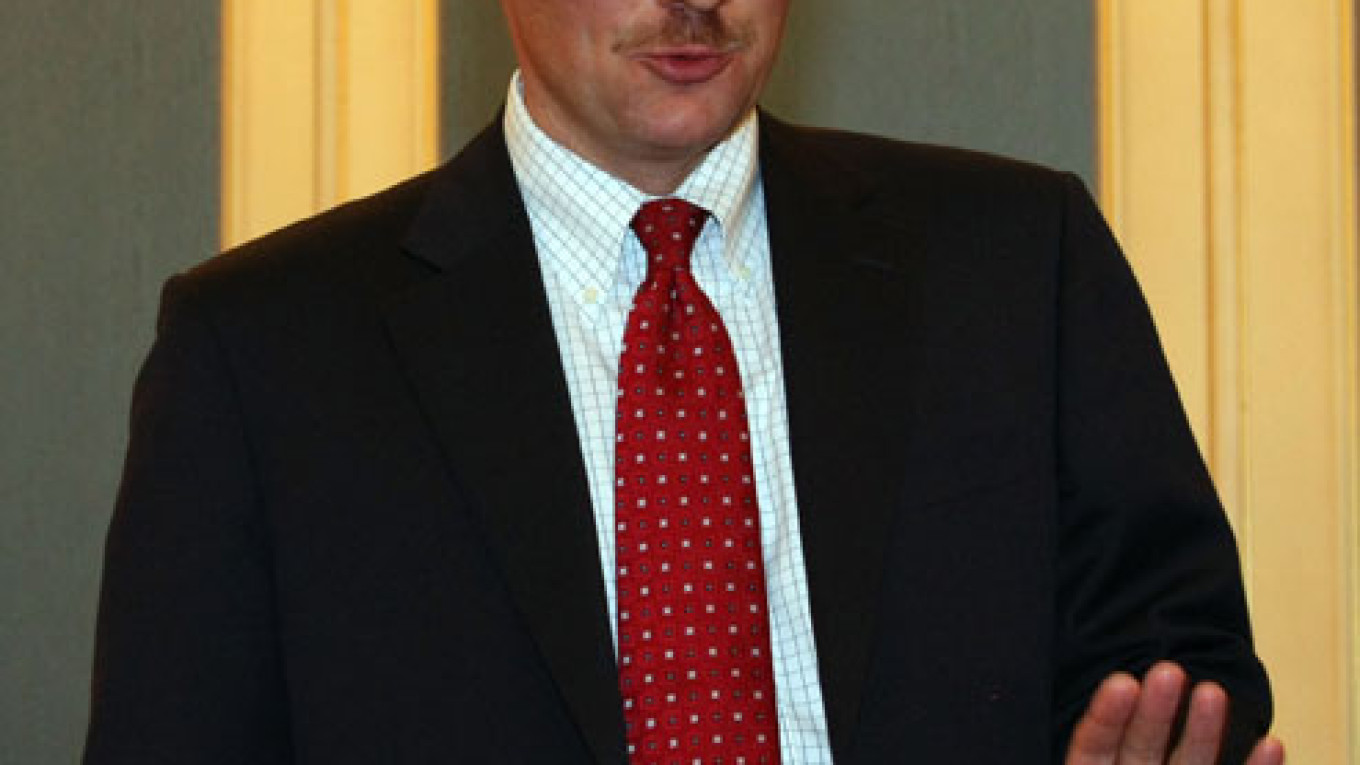Prime Minister Vladimir Putin's spokesman Dmitry Peskov weighed in Wednesday on an article published in Britain's The Guardian titled "The hell of Russian bureaucracy," saying the author's tale about her experience at a dry cleaner's did not say anything meaningful about the country.
In the article, The Guardian's Moscow correspondent Miriam Elder, a former reporter at The Moscow Times, wrote about spending hours to process sweaters at a dry cleaner's and said the experience was prototypical of excessive bureaucracy in Russia.
"The frustration stems not just from the loss of time but from the knowledge that despite Russians' love of documents, stamps, identification procedures and painstaking handwritten note-taking, it all means nothing," Elder wrote.
"The country's endless bureaucracy spreads its tentacles everywhere," she wrote.
In a letter to the editor, Peskov shot back that the U.K. had work to do on this front as well, giving the example of what he said was a 10-page application required for Russians to receive a British visa.
"By all means, the Russian government understands there is work to do in cutting red tape: it is a high priority and we have seen substantial progress in recent years, as foreign businessmen operating here testify," Peskov wrote. "Moreover, other countries, the UK included, have room for improvement on this front too."
"Let me remind British readers of the thousands of hours that are 'stolen' from Russian citizens when they complete the UK's visa application forms, which are a whopping 10 pages," he wrote.
Peskov frequently responds to media reports about Russia and about Putin, occasionally in the form of a letter to the editor. In January 2010, he wrote one to The Washington Post, criticizing the newspaper for an editorial about Russian-Belarussian oil negotiations.
A Message from The Moscow Times:
Dear readers,
We are facing unprecedented challenges. Russia's Prosecutor General's Office has designated The Moscow Times as an "undesirable" organization, criminalizing our work and putting our staff at risk of prosecution. This follows our earlier unjust labeling as a "foreign agent."
These actions are direct attempts to silence independent journalism in Russia. The authorities claim our work "discredits the decisions of the Russian leadership." We see things differently: we strive to provide accurate, unbiased reporting on Russia.
We, the journalists of The Moscow Times, refuse to be silenced. But to continue our work, we need your help.
Your support, no matter how small, makes a world of difference. If you can, please support us monthly starting from just $2. It's quick to set up, and every contribution makes a significant impact.
By supporting The Moscow Times, you're defending open, independent journalism in the face of repression. Thank you for standing with us.
Remind me later.


